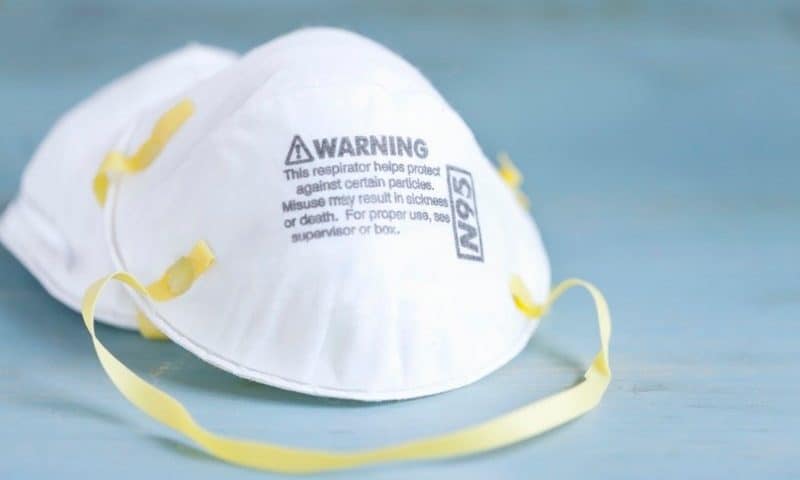As the COVID-19 pandemic finally begins to turn a corner in the U.S., the FDA has started rescinding some of the blessings it bestowed at the height of the emergency—including for a wide variety of respirator masks and hardware for cleaning and reusing them.
The agency said it is pulling all emergency authorizations for disposable masks that are not approved by the National Institute of Occupational Safety and Health (NIOSH), such as imported KN95 respirators.
Manufacturers of decontamination and bioburden reduction systems had already asked the agency to rescind their emergency use authorizations, the FDA said. Because supplies of NIOSH-approved respirators have increased significantly, the Centers for Disease Control and Prevention recently instructed healthcare facilities to stop reusing respirators as they had during the crisis and return to everyday practices.
EUAs for reprocessing systems—including N95 decontamination hardware from Stryker, Steris, ASP and Battelle, as well as machines developed by Duke University, Michigan State University and Yale New Haven Health—were all revoked effective June 30, after they were used to disinfect millions of masks for frontline health workers.
Early in the pandemic, with N95 masks in short supply, the technology was necessary, but “[t]oday, those conditions no longer exist,” said Suzanne Schwartz, director of the FDA’s Office of Strategic Partnerships and Technology Innovation in the Center for Devices and Radiological Health. “Our national supply of NIOSH-approved N95s is more accessible to our healthcare workers every day.”
The FDA first began to roll back its EUAs for decontamination hardware last January, limiting masks to four cleaning cycles apiece as respirators became more available.
Most of these machines rely on sealing racks of masks in a chamber—ranging from the refrigerator-sized to walk-in shipping containers—and gassing them with hydrogen peroxide vapor to kill the coronavirus. With repeated use, this process can cause filters to degrade, or warp a respirator’s shape so it no longer seals tightly to the face.
The authorizations for non-NIOSH, imported respirators—like the widely used KN95—will themselves be revoked July 6, the FDA said.
Since the start of the pandemic, NIOSH has approved more than 875 respirator models or configurations, with some produced by about 20 new, domestic companies that pivoted toward mask-making after the coronavirus began to spread. NIOSH’s certified equipment list now comprises some 6,400 models, which meet EUA criteria and are FDA-authorized, the agency said.
The FDA is also recommending that healthcare workers no longer wear a single disposable respirator for their full shift, and instead transition back to single-use masks for single-patient interactions where they can.

